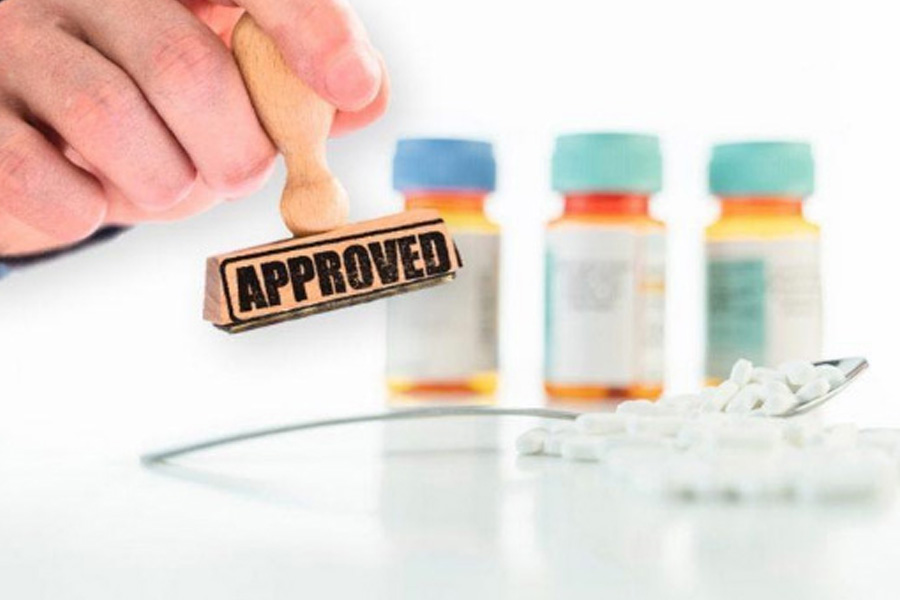At the core of pharmaceutical operations lies the pivotal role of pharma regulatory services, serving as the bedrock for upholding the stringent standards of Good Manufacturing Practices (GMP). This article aims to provide an in-depth exploration of the indispensable function of regulatory services, shedding light on their profound impact on sustaining and enhancing manufacturing standards within the pharmaceutical sector. By unravelling the layers of their influence, it becomes apparent that these services are not merely a component but rather the linchpin of the pharmaceutical framework. Their role is akin to orchestrating a symphony of precision and quality assurance that reverberates throughout the entire pharmaceutical manufacturing process.

Understanding GMP and Pharma Registration
At the nexus of pharmaceutical excellence lies the framework of Good Manufacturing Practices, a set of guidelines ensuring the production of safe, high-quality pharmaceutical products. Pharma registration serves as the initial step, where companies comply with regulatory requirements to gain approval for their products. Regulatory services navigate this landscape, providing expertise to streamline the registration process and establish a foundation for GMP compliance.
Strategic Planning for Compliance
Pharma regulatory services play a pivotal role in strategic planning for GMP compliance. The complex web of regulations necessitates meticulous planning to align manufacturing processes with stringent standards. This involves detailed assessments, audits, and documentation, with regulatory experts crafting comprehensive strategies to ensure seamless integration of GMP principles into every facet of pharmaceutical production.
Continuous Compliance Monitoring
Achieving GMP compliance is not a one-time endeavour; it’s an ongoing commitment to quality. Regulatory services implement robust systems for continuous monitoring, ensuring that manufacturing practices consistently meet and exceed established standards. This proactive approach involves regular inspections, assessments, and adaptations to evolving regulatory requirements, safeguarding the integrity of the pharmaceutical manufacturing process.
Risk Mitigation and Quality Assurance
Pharma regulatory services function as guardians of quality, mitigating risks associated with deviations from GMP. By conducting risk assessments and implementing preventive measures, these services fortify the manufacturing process against potential pitfalls. The result is a proactive stance on quality assurance, with a focus on preventing issues before they arise, fostering a culture of excellence in pharmaceutical production.
Global Alignment and Regulatory Harmonisation
In an era of globalised pharmaceutical markets, regulatory services play a crucial role in aligning practices with international standards. Pharma registration, coupled with regulatory expertise, facilitates the harmonisation of manufacturing processes, ensuring that products meet the expectations of diverse regulatory authorities worldwide. This global alignment not only expedites market entry but also enhances the reputation of pharmaceutical companies on the international stage.
Collaboration with Regulatory Authorities
Navigating the intricate landscape of pharmaceutical regulations requires a collaborative approach with regulatory authorities. Regulatory services act as liaisons, facilitating open communication and cooperation between pharmaceutical companies and regulatory bodies. This collaboration is instrumental in gaining approvals, addressing concerns, and ensuring that manufacturing practices align seamlessly with the expectations of regulatory agencies.
Education and Training for Compliance
Pharma regulatory services extend their impact beyond compliance by offering education and training programs. These initiatives empower pharmaceutical professionals with the knowledge and skills needed to maintain GMP standards. By fostering a culture of continuous improvement and knowledge-sharing, regulatory services contribute to the long-term success of pharmaceutical companies in upholding the highest manufacturing standards.

Conclusion: Elevating Pharmaceutical Excellence
The role of pharma regulatory services in Good Manufacturing Practices is paramount. From strategic planning to continuous compliance monitoring, these services contribute to the foundation of pharmaceutical excellence. As companies navigate the complex landscape of regulatory requirements, the expertise of regulatory services becomes a catalyst for success, ensuring that pharmaceutical manufacturing aligns with the highest standards of quality and safety. Contact Reg Consultants today to learn more.

